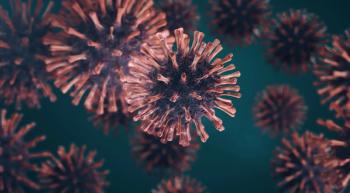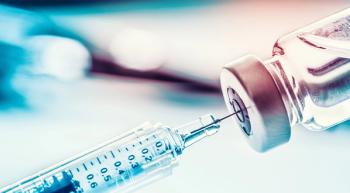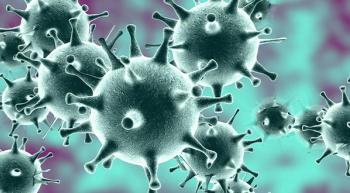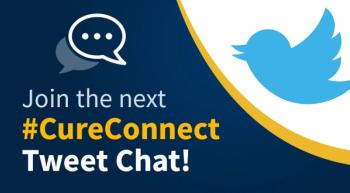
The FDA based its decision on data from a phase 3 trial which showed that adding plinabulin to Neulasta significantly improved the rate of severe chemotherapy-induced neutropenia.

The FDA based its decision on data from a phase 3 trial which showed that adding plinabulin to Neulasta significantly improved the rate of severe chemotherapy-induced neutropenia.

“Our hope is that this will enable us to reduce or eliminate late effects of treatment that persist into the survivorship years,” Dr. Peter Cole, of Rutgers Cancer Institute of New Jersey, said in a press release.

The day cancer treatment ends, a new chapter begins. Some survivors may leave cancer behind and continue life with few or no health problems. Others might have ongoing physical challenges. Some of these might be due to late effects (also called aftereffects) of cancer treatment.

On social media, CURE® recently asked its readers what their thoughts were on the medical use of cannabis. Here, we share some of their responses.

For a long time, I refused to acknowledge the lingering effects of neuropathy. I found a way to joke about it and told everybody I was clumsy. To acknowledge the elephant in the room, I had to admit I needed to explore balance further.

More cancer centers are introducing virtual reality headsets, which can help relieve anxiety and pain and educate patients about their treatments.

After treatment ends, survivors are left to navigate a new life but that life comes with its new emotions and reactions to the world around us.

If you or someone in your home does contract coronavirus, your doctor may suspend or delay your cancer treatments to protect your immune system, an expert from Tampa Bay Radiation Oncology notes.

Patients and their loved ones should take certain precautions to protect themselves from the coronavirus, according to the CDC.

The development of an inpatient symptom monitoring intervention, according to researchers, may enhance awareness of patient symptom burden and improve symptom control and health care usage.

Is it possible to determine better cancer treatment with information obtained from a patient’s blood cells? One Israeli company seems to think so.

Patients with a compromised immune system are more susceptible to the coronavirus, including those with cancer. Here are four key things patients with cancer should know about the novel coronavirus.

It’s important to match therapies to goals and fitness when treating older patients diagnosed with cancer.

Some people may ask if it really matters whether it is related to cancer or not. For us it does.

Recurrence isn’t the only long-term complication cancer patients may face but understanding these potential challenges can help you mitigate many problems beforehand.

How do you heal your mind when faced with cognitive impairment after cancer treatment?

Cancer can trigger symptoms that seem as mysterious as their name: paraneoplastic syndromes.

Just one class on improving sleep may help curb chronic insomnia in cancer survivors, according to study findings published in Cancer.

The therapy is approved to decrease the incidence of infection due to febrile neutropenia in patients receiving myelosuppressive anti-cancer therapy.

A physical therapist and testicular cancer survivor shares the health benefits of rehabilitation after cancer.

Save the date! We invite you to join CURE for our next monthly #CureConnect Tweet Chat on Thursday, September 26, at 1 p.m. EST, when we plan on discussing living with cancer.

"We hope that this array of articles leaves you feeling informed about changes to your health-care system and some key supportive strategies that can improve your quality of life during treatment."

Now that it’s legal for both medicinal and recreational use in Canada, cannabis is widely available to patients with cancer. How much it can help them is largely undetermined.

Cancer brain fog, or chemo brain, interferes with daily life for many patients. Help can take the form of mental or physical exercise.

Here’s a sneak peek at what’s inside our Summer 2019 issue.

Despite a national addiction crisis, opioids remain an appropriate choice for treating severe cancer pain.

Nine years out from breast cancer and four years out from her melanoma, this cancer survivor still combats her fatigue.

We owe patients complete information, navigation for decision-making and, of course, more research into this common problem. Initiating public dialogue and education is the first step.

When cancer centers emphasize supportive care, patients, survivors and their families benefit and health outcomes can even improve. In this issue of CURE®, we take you inside a facility dedicated to this kind of care — The Supportive Care Center at The University of Texas MD Anderson Cancer Center in Houston.